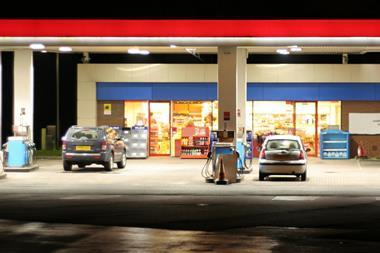There is a growing consensus that radical change to the business rates system is required. We have been arguing for a long time that if the government wants to see businesses investing and creating jobs, then it has to take clear steps to reduce the costs that stand in its way.
Nowhere is this more the case than in the forecourt convenience sector, after the revaluation in 2010 dramatically increased the cost-base of many forecourt operators. This change, followed by erratic upward increases in rates announced in successive Budgets, created a barrier to new investment.
The Chancellor’s action in the Financial Statement was a positive step forward. The fact that the government has decided to invest more than £1bn in seeking to reduce the burden of business rates at a time when the priority is cutting costs shows that it is getting the message that it has to act.
However, there is still a big challenge ahead. We must not allow government to treat the package of measures announced in the Statement as the end of the matter. We have to keep up the pressure to take this as a first step to more fundamental change. For example, we need the 2% cap ACS has long campaigned for to be permanent. We also need the government to take a serious look at what alternatives to the current method of rating look like. Is there a better approach to rating that properly reflects the businesses that operate from the premises being taxed?
In doing so the forecourt sector is an obvious case study. The 2010 revaluation saw a dramatic change in the way that premises were rated, especially for those businesses in the middle of the spectrum. This had a devastating impact on the ability of forecourts to invest and grow and the sector has still not recovered.
However, the forecourt experience is also a cautionary one. If the entire rating system was remodelled to be centred on something other than the rental market, for example based on an estimated business value, then this could see retail generally paying an even higher percentage of the overall rates bill. That would not help our industry grow.
So, we enter 2014 optimistic that there is appetite for change. Now we have to start thinking very seriously about what change should actually look like.

































No comments yet